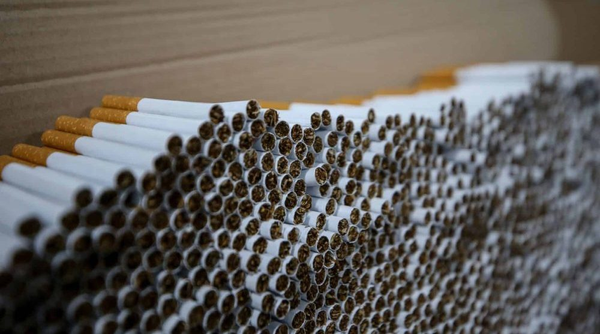LRQA and Applied DNA Launch Cotton Traceability Pilot to Tackle Forced Labor

Global compliance firm LRQA is launching a cotton traceability pilot in Pakistan, using the CertainT platform by Applied DNA Sciences. This initiative will apply isotope testing, DNA tagging, and genomic analysis to authenticate cotton at key supply chain points—from farms to manufacturing mills. Financed by the U.S. Department of Labor, the project is part of the Global Trace Protocol, designed to combat child and forced labor in supply chains.
The project aims to boost transparency in Pakistan's cotton sector, allowing companies to comply with U.S. regulations that require documentation to ensure cotton is not sourced from high-risk areas. Jeff Wheeler, director of Global Trace Protocol at LRQA, noted that new import rules necessitate advanced tools to verify cotton’s origin and improve supply chain integrity.
The pilot will establish isotopic baselines to track cotton using isotope ratio mass spectrometry, targeting key stakeholders including global brands and Pakistan’s textile sector. This follows Applied DNA’s recent deal with Indus Apparel, using DNA traceability technology to ensure cotton authenticity for international markets.
Meilin Wan, Applied DNA’s Vice President of Textiles, explained that this partnership will not only assist Pakistani cotton producers in complying with U.S. import rules but also strengthen transparency efforts globally. The initiative builds on recent advancements in textile traceability, including Regenagri's work with Haelixa on DNA marking technology for sustainability verification.
With increased demand for supply chain transparency and responsible sourcing, LRQA and Applied DNA’s collaborative efforts signify a critical step forward in ensuring ethical practices in the global textile industry.




